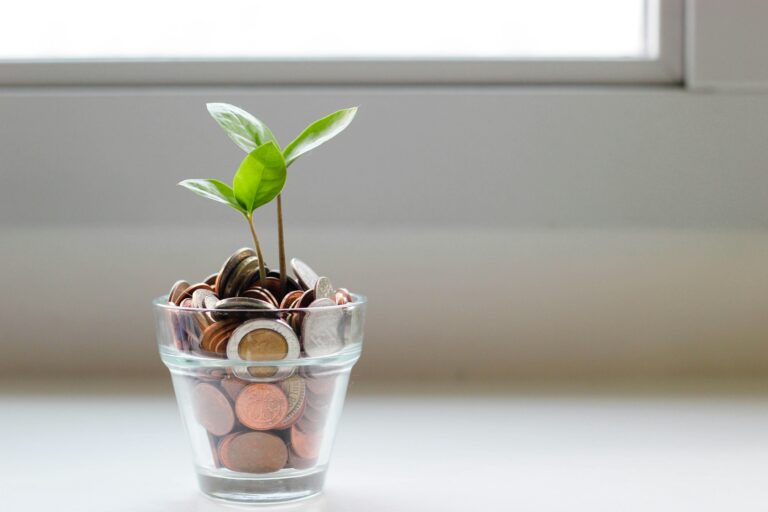
Image | COURTESY
Dealing with a hangover can be an unpleasant experience, often characterized by headaches, nausea, fatigue, and dehydration. While the best way to prevent a hangover is to drink in moderation, there are several home remedies you can try to alleviate the symptoms if you find yourself suffering the morning after. Here’s how to treat a hangover at home.
Rehydrate Your Body
Alcohol is a diuretic, meaning it increases urine production, which can lead to dehydration—a major contributor to hangover symptoms. Rehydrating is one of the most effective ways to feel better:
Drink Water
Start by drinking plenty of water to help rehydrate your body. Keep a bottle of water by your bed and sip it throughout the day.
Electrolyte Drinks
Consider drinking sports drinks or oral rehydration solutions that contain electrolytes like sodium and potassium, which can help restore the balance of fluids in your body.
Coconut Water
Coconut water is a natural source of electrolytes and can be a refreshing alternative to sports drinks.
Eat a Nutritious Breakfast
Eating a healthy breakfast can help replenish lost nutrients and stabilize blood sugar levels, which often drop after heavy drinking:
Carbohydrates
Eating toast, crackers, or a bowl of oatmeal can help raise your blood sugar levels and provide your body with the energy it needs to recover.
Fruits
Fruits like bananas and berries are high in vitamins, antioxidants, and minerals. Bananas, in particular, are rich in potassium, which can help replenish electrolytes.
Eggs
Eggs are an excellent source of cysteine, an amino acid that helps break down acetaldehyde, a toxic byproduct of alcohol metabolism.
Take Pain Relievers Cautiously
Headaches are a common hangover symptom, and pain relievers can offer relief, but they should be used with caution:
Ibuprofen or Aspirin
These nonsteroidal anti-inflammatory drugs (NSAIDs) can help reduce headache pain and inflammation. However, they can irritate the stomach, so take them with food.
Avoid Acetaminophen (Tylenol)
Acetaminophen should be avoided, as it can cause liver damage when combined with alcohol, especially if alcohol is still in your system.
Try Natural Remedies
Several natural remedies can help ease hangover symptoms:
Ginger Tea
Ginger is known for its ability to relieve nausea. Brew a cup of ginger tea or chew on a piece of raw ginger to soothe an upset stomach.
Peppermint Tea
Peppermint tea can also help with nausea and may ease headaches.
Honey
Honey contains fructose, which can help speed up the metabolism of alcohol. Add a spoonful of honey to your tea or spread it on toast.
Get Plenty of Rest
Rest is crucial for recovery, as your body needs time to heal from the effects of alcohol:
Sleep
Try to get extra sleep to allow your body to recover. Resting in a dark, quiet room can help you avoid light and noise sensitivity, which are common during a hangover.
Relaxation
If you can’t sleep, try relaxing activities like reading, listening to calm music, or taking a warm bath to soothe your body and mind.
Avoid More Alcohol (Hair of the Dog)
While some people believe that drinking more alcohol (often referred to as “hair of the dog”) can cure a hangover, this is generally not recommended:
Delay Recovery
Drinking more alcohol may temporarily alleviate symptoms but ultimately delays your body’s recovery process.
Increased Dehydration
Additional alcohol consumption can worsen dehydration and lead to a prolonged hangover.
Consider Supplements
Certain supplements may help reduce hangover symptoms, though their effectiveness can vary:
B Vitamins and Zinc
Studies suggest that taking a combination of B vitamins and zinc before and after drinking may reduce the severity of a hangover.
Milk Thistle
Milk thistle is believed to support liver health and may help your body process alcohol more efficiently.
Stay in a Calm Environment
Hangovers can make you sensitive to light, noise, and strong smells. Staying in a calm and comfortable environment can help you recover more quickly:
Dim Lighting
If possible, stay in a dimly lit room to reduce headaches caused by light sensitivity.
Avoid Loud Noises
Loud sounds can worsen headaches and irritability, so try to keep your environment quiet.
Also Read: How To Make Her Blush Over Text




